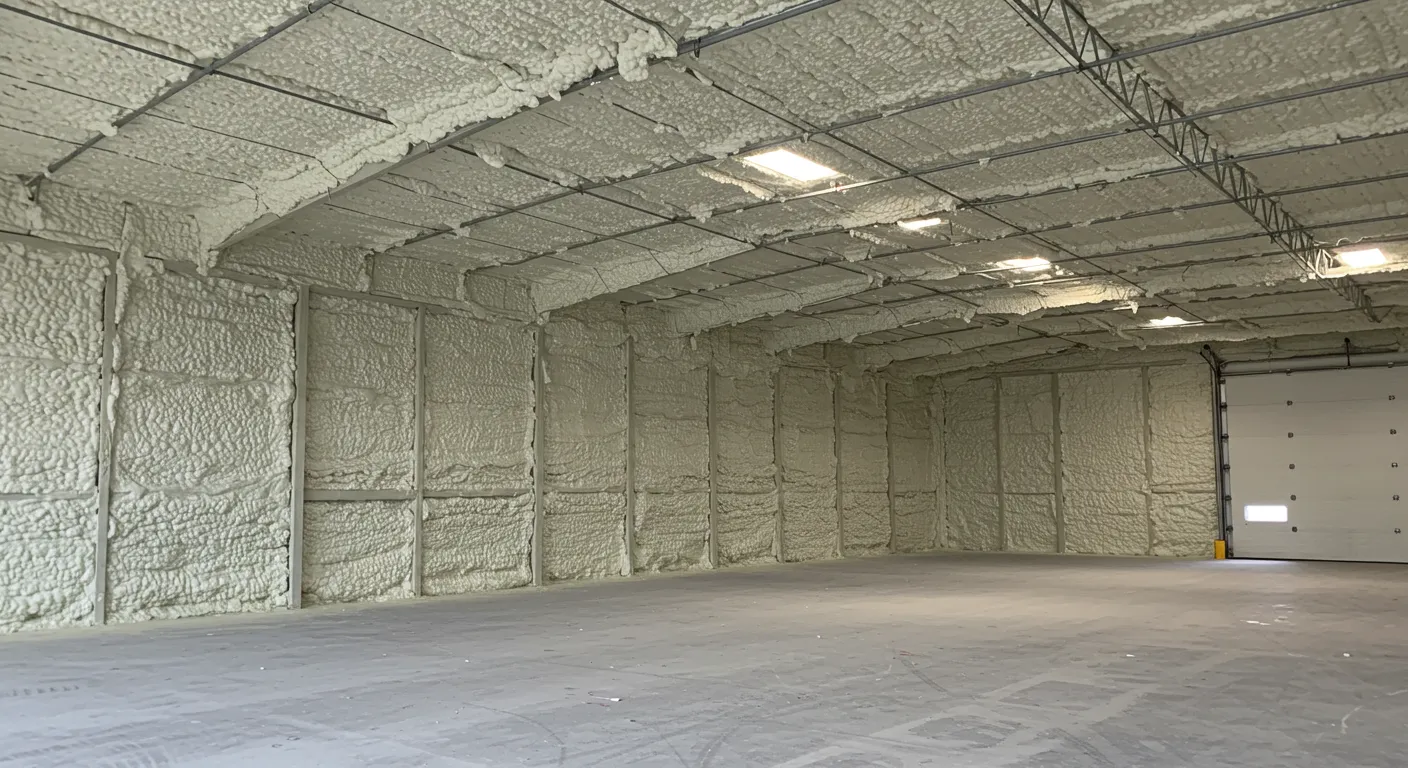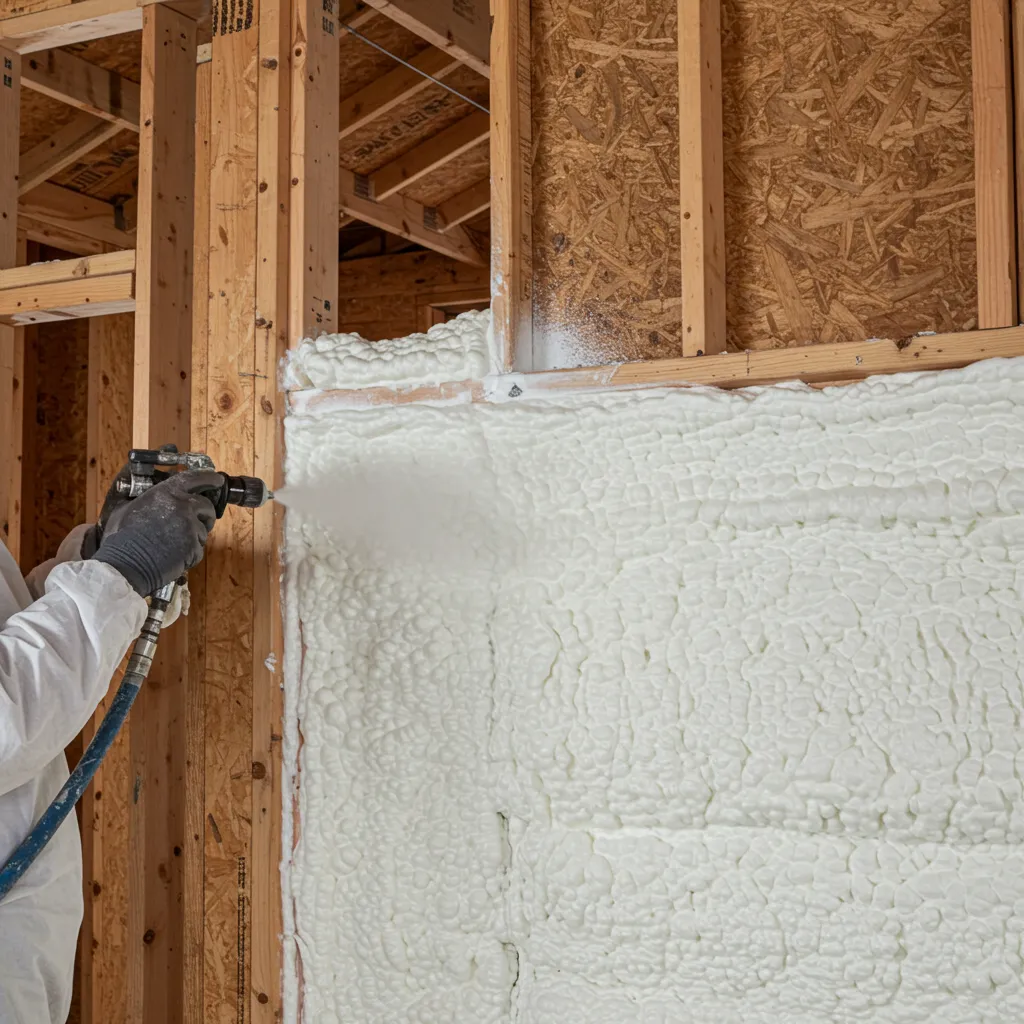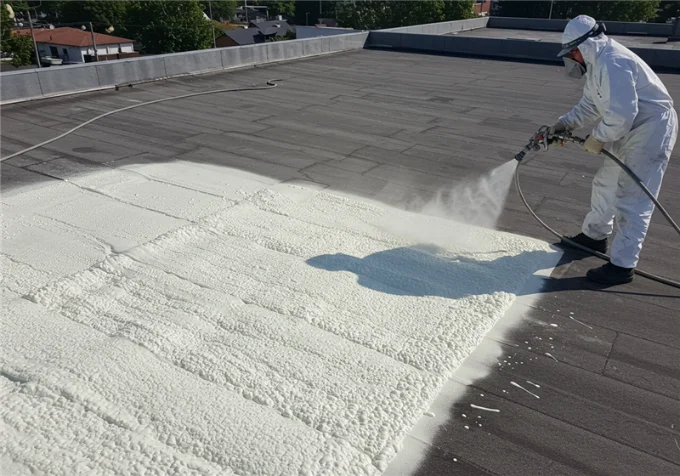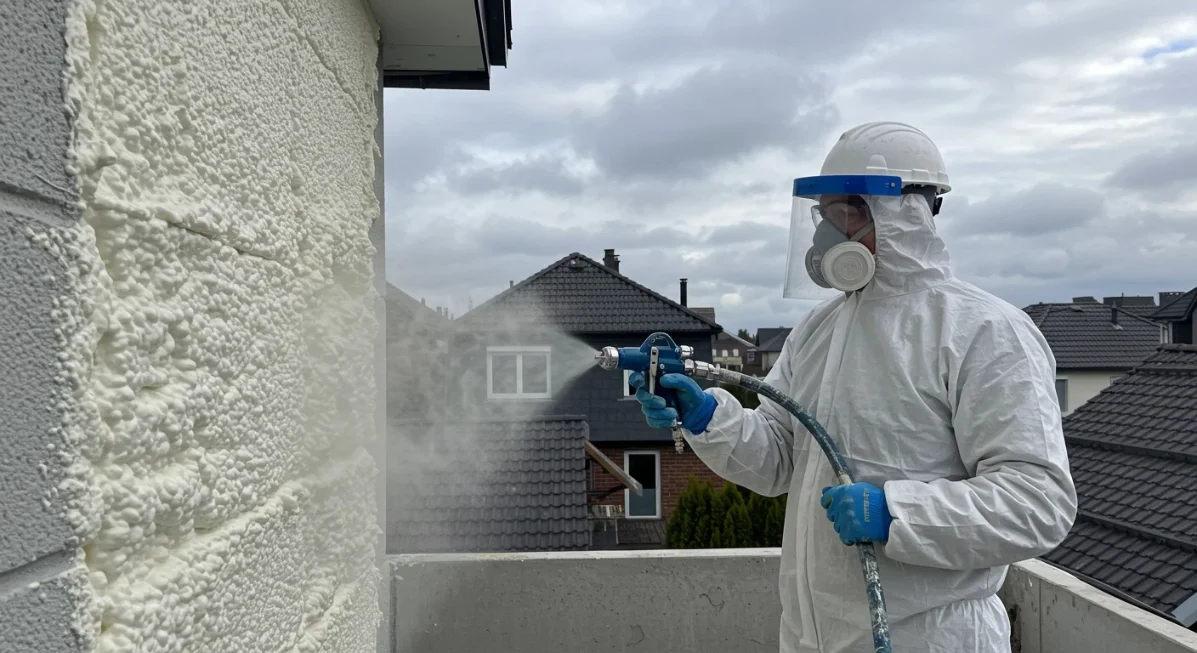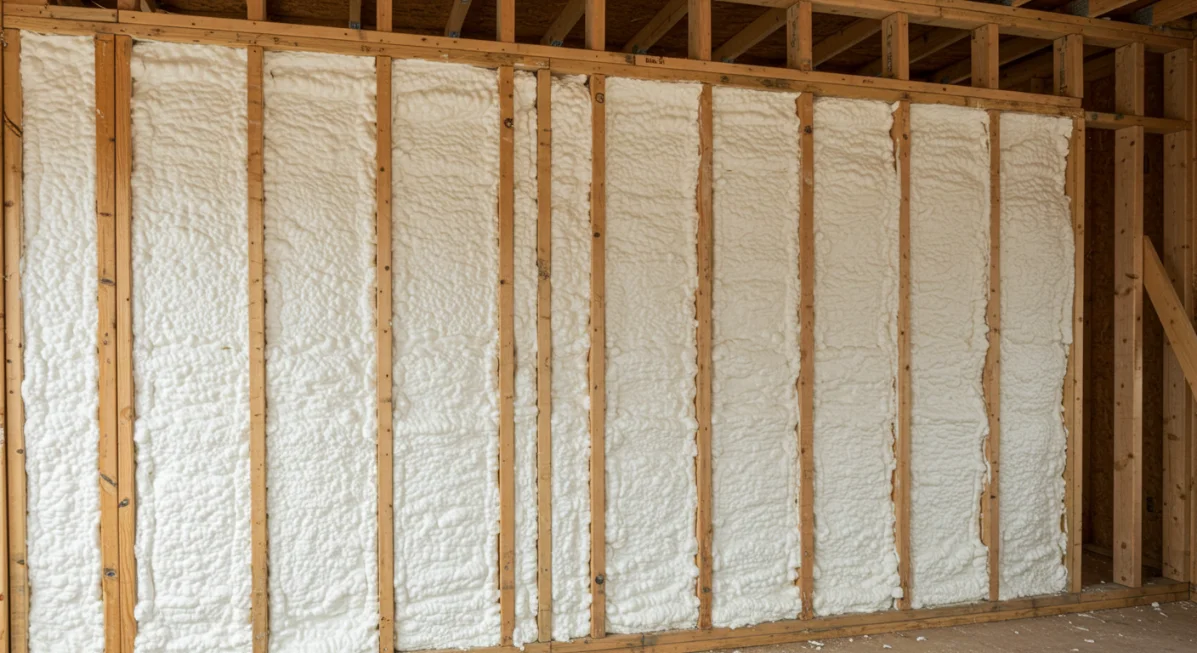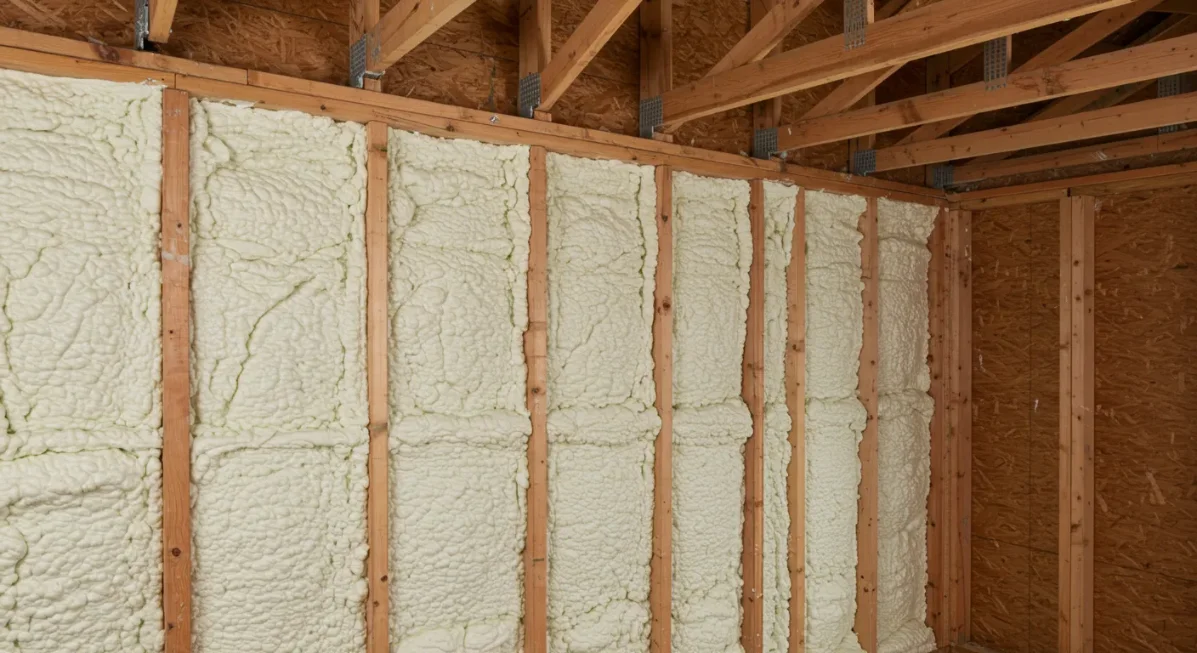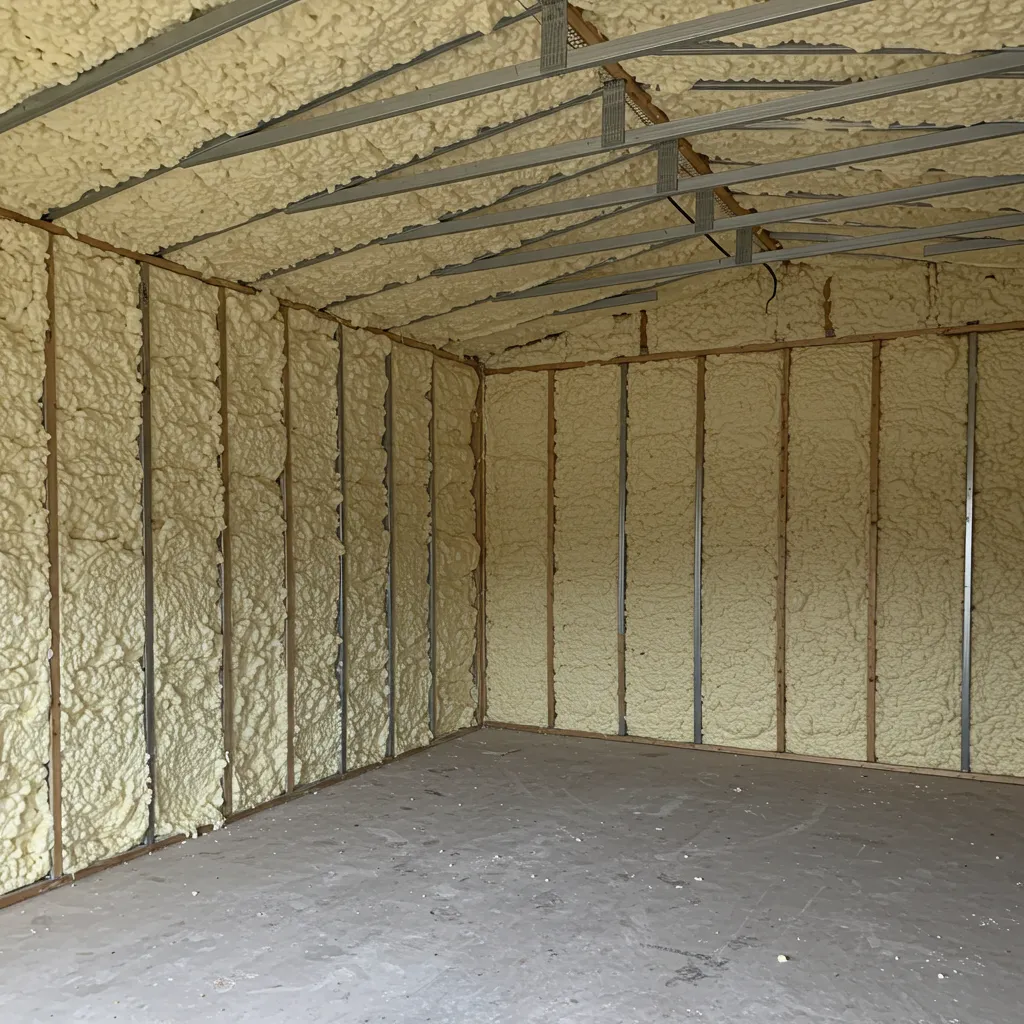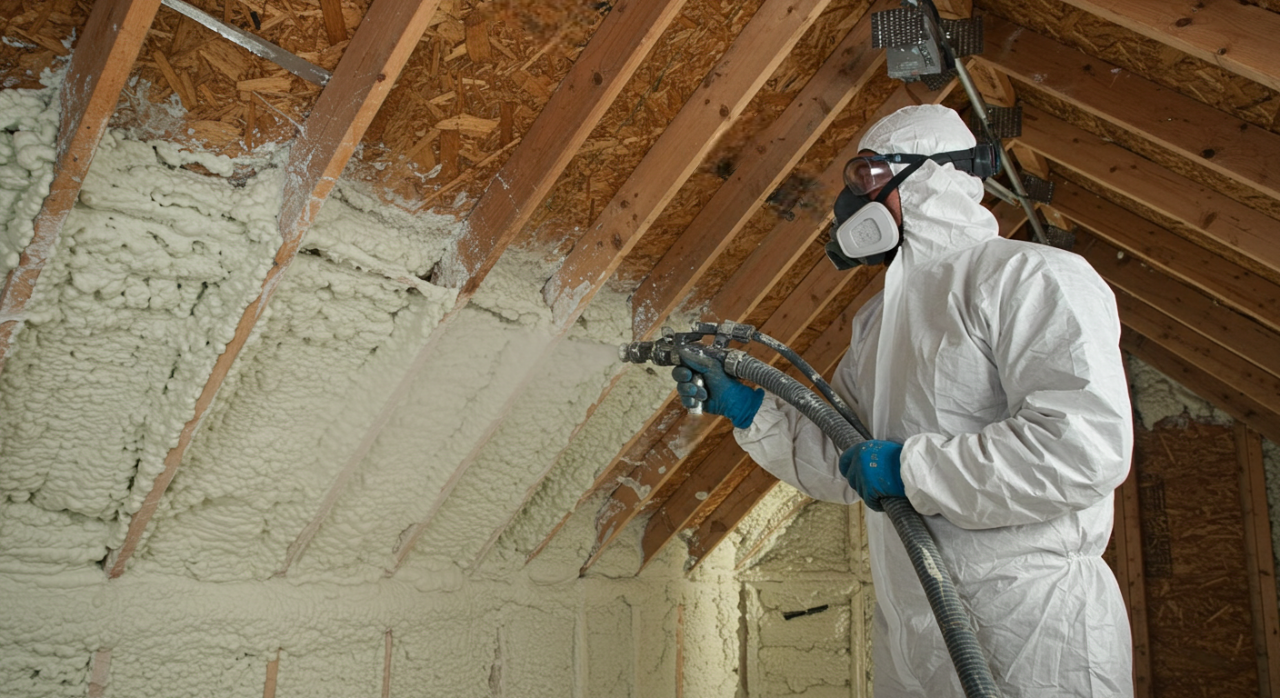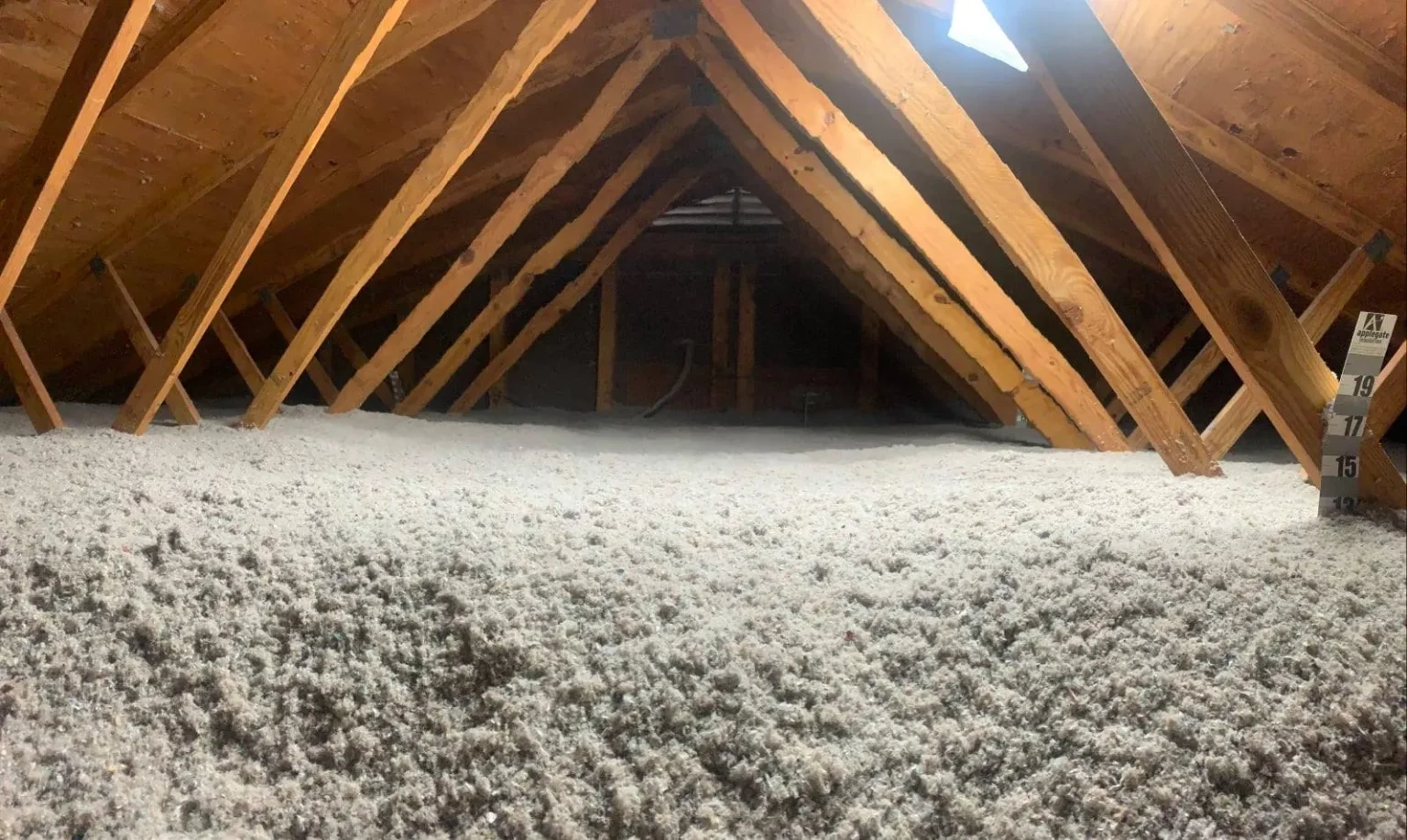Spray foam insulation is long-lasting, but it’s not permanent. In residential settings, it typically remains effective for 20 to 30 years. Replacement becomes necessary when insulation performance declines, damage occurs, or building codes and energy standards change. Moisture exposure, pest intrusion, or renovations that open up wall cavities often trigger reevaluation. Homeowners should consider replacement […]



